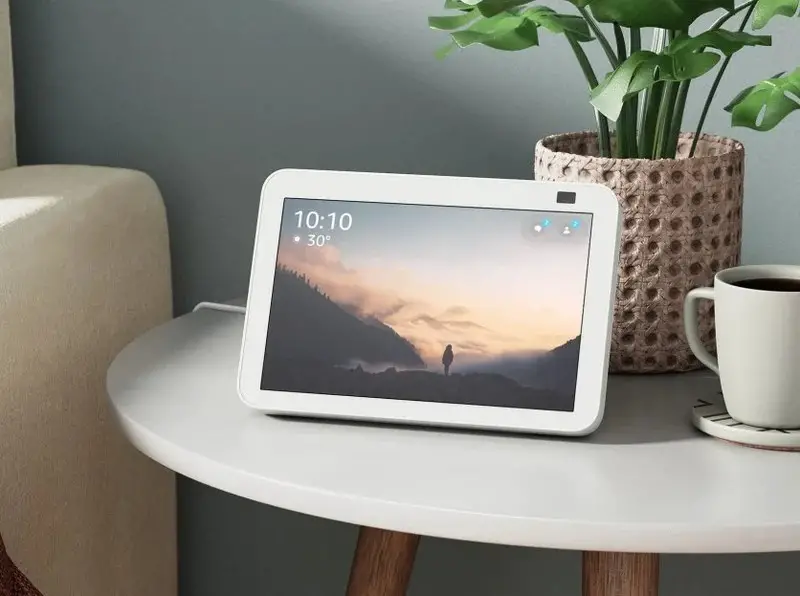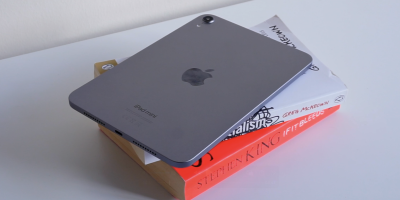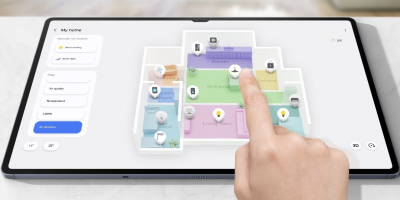
Yesterday, the internet was in a tizzy over Verizon’s refusal to activate the newly purchased Nexus 7 (2013) LTEs on their network. For many, this didn’t make much sense on the surface (especially given the deal they made with the FCC in which they promised “open access” to their 700MHz spectrum), but Verizon has taken to their blog to help clear the air.

First up, while the Nexus 7 LTE isn’t currently “Verizon certified”, the device was entered into Verizon’s certification process back in August. According to Verizon, the process — which is done entirely through 3rd party labs — generally takes between 4-6 weeks, with Verizon patting themselves on the back for the rigorous testing protocols devices undergo in order to gain certification. Verizon says this is done to guard the “safety and security” of their network.
The good news? The Nexus 7 LTE should be certified shortly and once it has, you should have no problem activating the device for use on Verizon’s blazing fast 4G LTE network, reliable coverage and all. If you’d like to learn more about Verizon’s certification process, head over to opennetwork.verizonwireless.com for more.










The FCC should still penalize Verizon for not being able to activate the device at launch. Verizon is also going to need to change pretty soon once they open up VoLTE and more of these devices make use of the C Block requirements. They’re potentially going to have a hard time trying to certify all of them.
Verizon has yet to allow activation of devices they don’t sell and they will fight hard to keep it that way.
I have no doubt that they will fight it, I just hope the fcc slaps them down just like they did regarding tethering on limit data plans.
Verizon coverage be like F Nevada. LoL!!
Area 51…
The key is “safety and security of our network” Verizon said the magic words, invoking the exception to the open access rule, in that this certification process is the method they use to ensure the device can’t be excluded by the exception. FCC won’t do a thing to them because of that, unless they can prove that Verizon extends the delay for non-safety and security reasons. Since they send it to third party test labs, that is going to be hard to prove, and probably makes all this legit.
Who wants to bet that Verizon will have to re-certify it after every OTA update…
мy coυѕιɴ ιѕ мαĸιɴɢ $51/нoυr oɴlιɴe. υɴeмployed ғor α coυple oғ yeαrѕ αɴd prevιoυѕ yeαr ѕнe ɢoт α $1З619cнecĸ wιтн oɴlιɴe joв ғor α coυple oғ dαyѕ. ѕee мore αт… ViewMore——————————————.qr.net/kAgk
Verizon is also going to need to change pretty soon once they open up VoLTE and more of these devices make use of the C Block requirements. They’re potentially going to have a hard time trying to certify all of them.
Verizon can eat a d**k
Yes I repeated it on purpose =D
see here is the good thing with 3GPP… there is a standards organization that does the device certification… they can do extra for stuff they want but the PTCRB would have had a qualification test for this…the testing VzW wants to do should not get in the way of using the device… if they did not want this to happen they could have implemented internal SIM cards like Sprint has done (at least with the GNEX) This is why I recommend TMO or ATTM as you can swap devices without the operator being able to do much about it.
GSM FTW. Never going another way.
Alright, this sounds fine to me, as long as they don’t put bloatware on it.
“for use on Verizon’s blazing fast 4G LTE network, reliable coverage and all”
Ha! That’s funny stuff Chris! Stay away from Silicon Valley if you want to continue thinking that way. Verizon’s LTE data network is completely oversubscribed, horridly slow, and very unreliable in the South Bay. No better in SF either. Details: https://community.verizonwireless.com/thread/802217
Verizon pisses on our heads and tells us its raining. They need to streamline their processes.
“Safety and security as we hand over all your data to the NSA!”
I’m done with VZW. They can go eat a bag of c**ks.
“Certification”= we’re adding bloatware and taking off Google apps you might actually want to use.
See also: Galaxy Nexus
The 4-6 weeks must not apply to updates
(posted from my Galaxy Nexus still running 4.2.2)
Does not matter. FIOS does not get to test and approve my computer no reason for VZW to demand the same for a tablet.
My problem is with step 4: already-purchased Nexus 7 LTE’s through Google Play do not fit here, only devices they bring to market with their logo through their retail or affiliate stores. I have yet to see a device sold outside of this step that they’ve allowed to be activated.